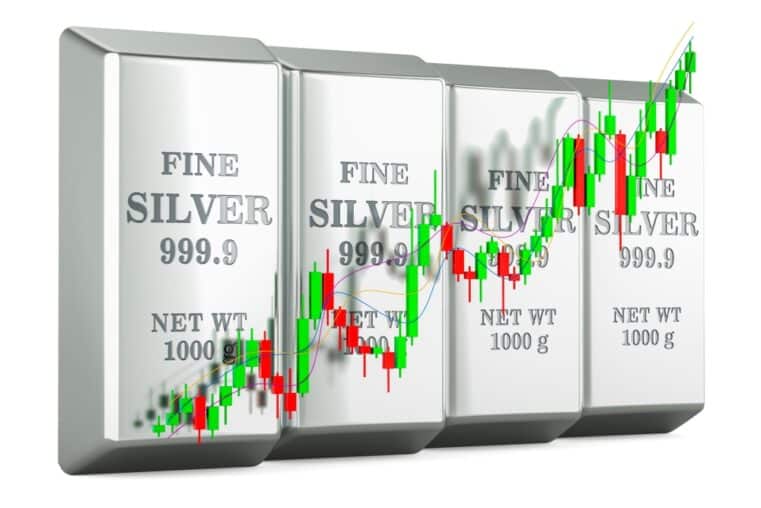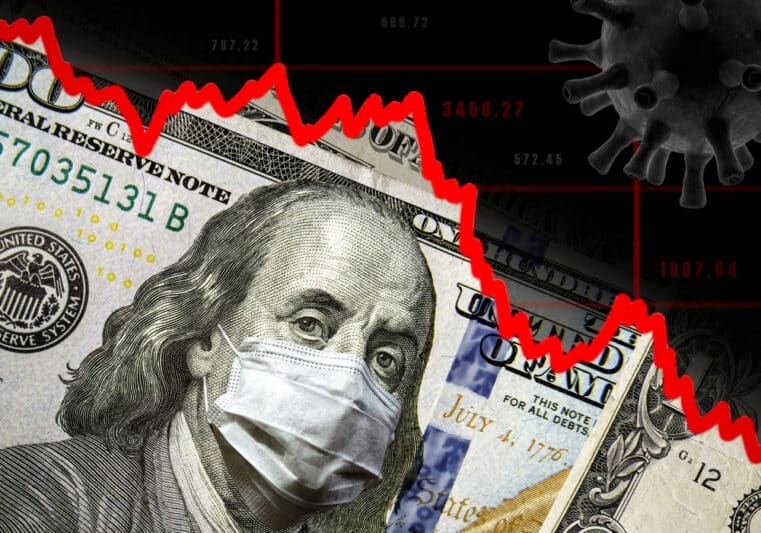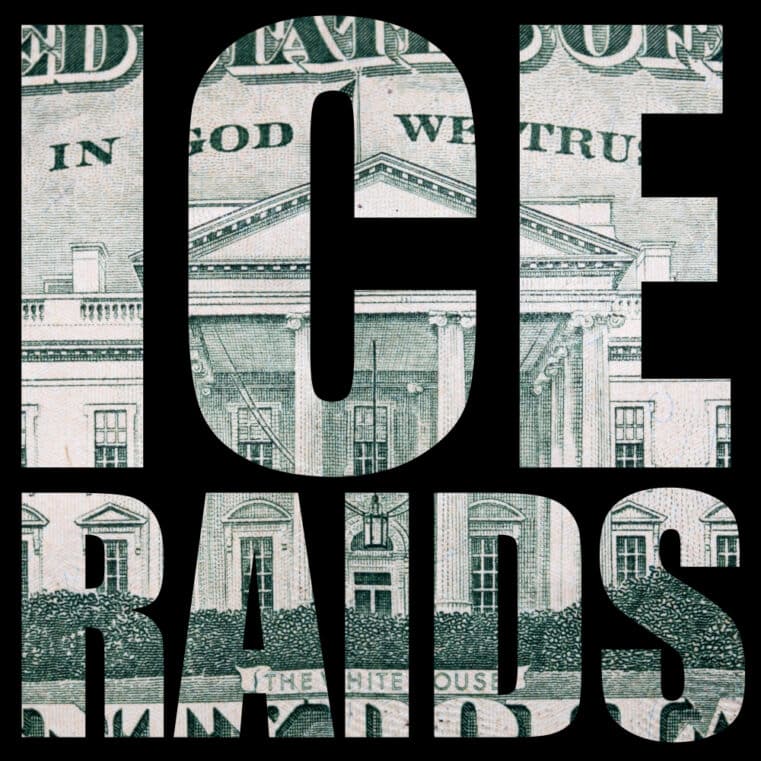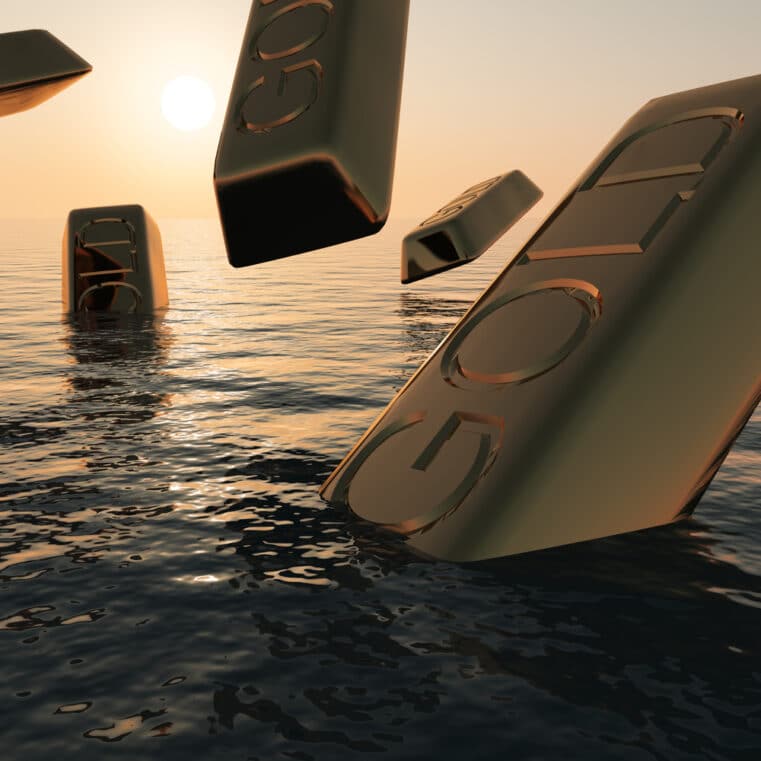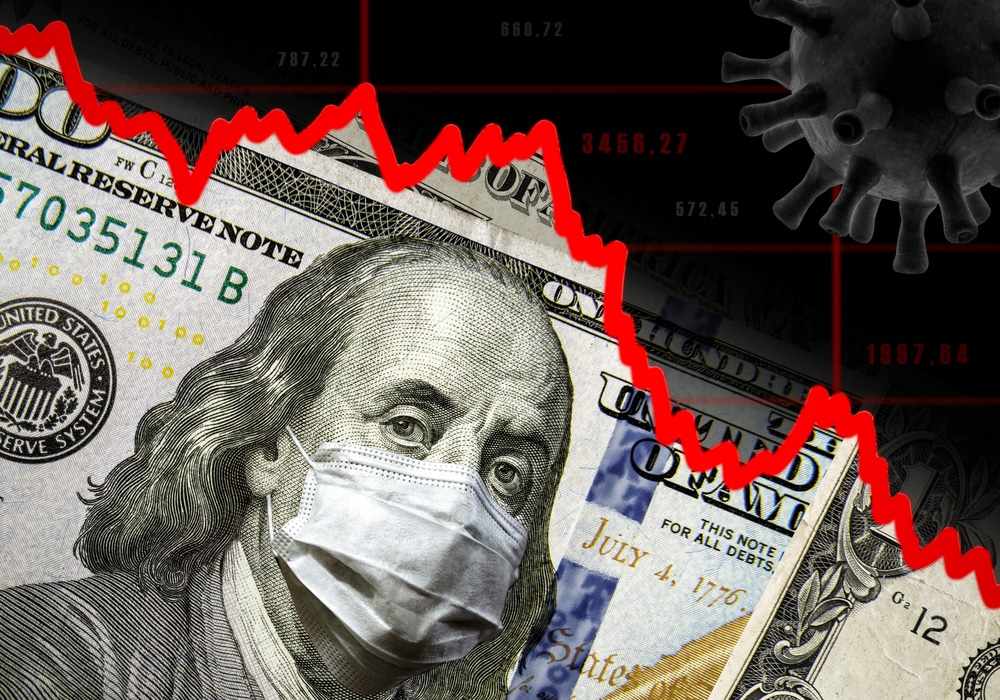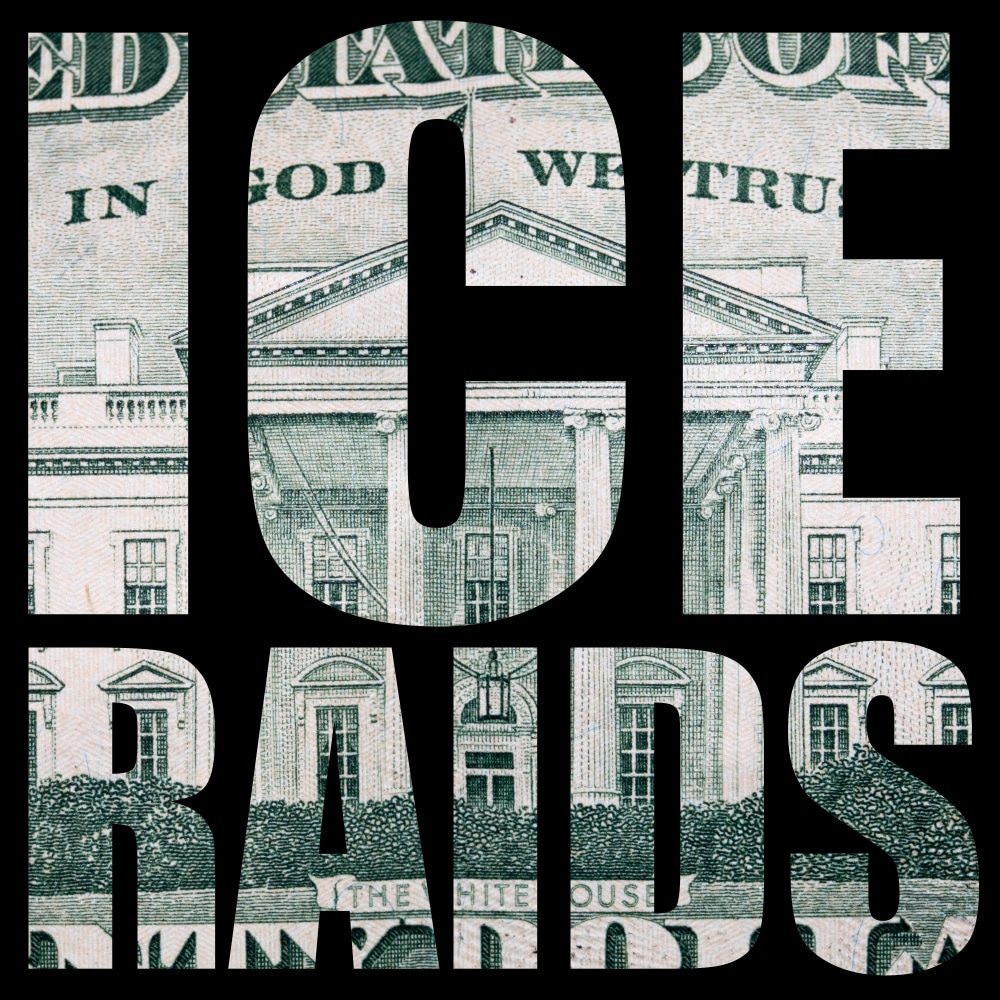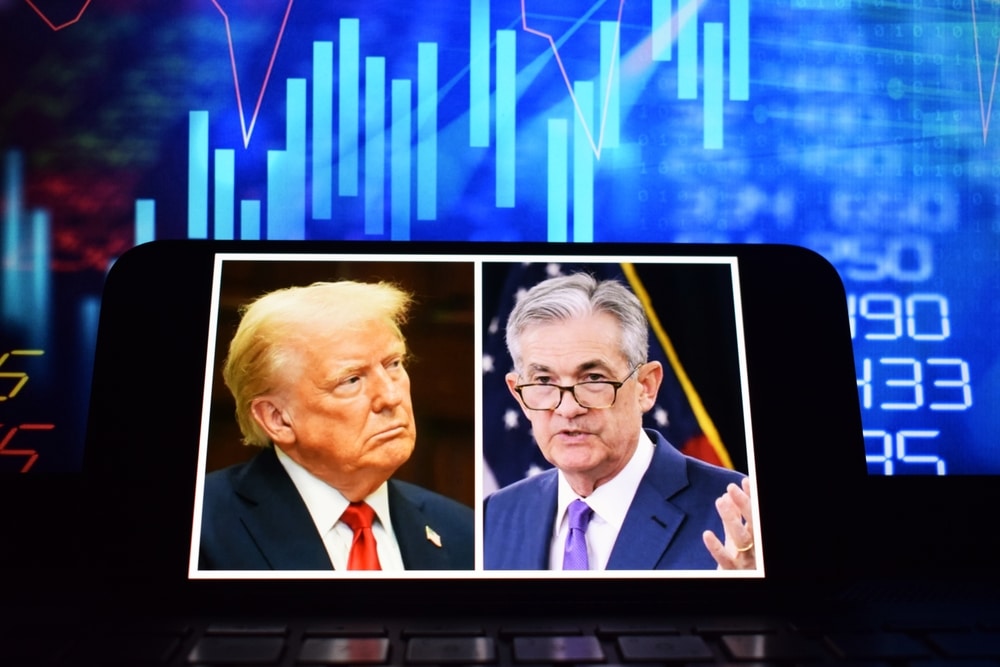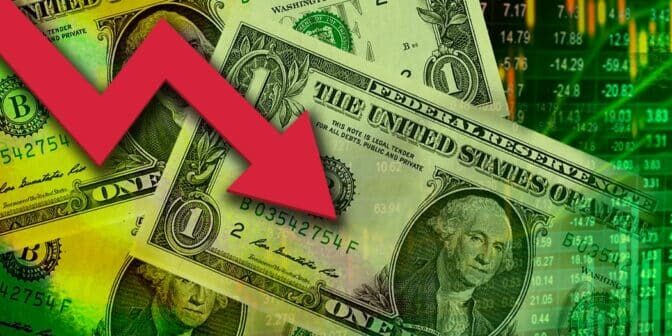
Currency Wars: Countries Reduce Dollar Dependence
There is an alarming trend in which more and more countries are seeking to gain independence from the US dollar. Here’s what’s been happening lately:
- Last week, Iran announced its plans to adopt the euro in place of the dollar as its main currency for international exchange.
- A few months ago, Venezuela attempted to launch an oil-backed cryptocurrency.
- Earlier this year, China introduced the first ever yuan-denominated oil contracts; a successful event that raised the yuan’s status on the international stage.
- In the meantime, Russia has been actively increasing its gold reserves.
Their primary goal is not only to end dollar dependence but to end the US dollar’s global dominance.
Despite their efforts, none of them have come close to dethroning the dollar’s global status.
Amid tensions between the US and other nations, including its allies, and Trump’s preference for a strong dollar, some analysts believe that the countries maneuvering against the dollar are looking to exploit the opportunities presented by this current state of geopolitical unease.
Attempts to replace the dollar have been made several times in the past. All attempts have failed.
Of course, these efforts are likely a response to the US’ aggressive implementation of sanctions. As Kenneth Rogoff, Harvard professor and former IMF chief economist explains, “The U.S. has been using financial sanctions very aggressively so, of course, countries like Russia and Iran will do what they can to move away from the dollar.”
For other countries, like China, promoting their currencies as a primary medium of international exchange may require significant policy changes; an effort that can take several years.
As for now, it appears that dollar dominance is unassailable. It’s daily exchange volume, amounting to $5.1 Trillion, reflects its use in nine out of every 10 foreign transactions according to the Bank of International Settlements. Approximately 60% of the world’s top nations utilize currencies that are tied to the US dollar. And the dollar comprises two third of all currency reserves held by the world’s central banks.
The dollar also remains dominant in the oil markets as well as every market for raw materials. In contrast, Iran’s currency, the rial, has dropped significantly against the dollar. Venezuela’s bolivar has lost virtually all its value in the last 11 years.
China’s efforts to boost the yuan as an oil benchmark is still far from succeeding. Earlier this year, the yuan comprised only 1.6% of international and domestic payments. As a reserve currency, the yuan represents only 1.2% of the global share.
According to CFR economist Benn Steil, “China’s bond market is just way too small to support a truly global renminbi,”
Despite these fledgling efforts, the trend toward de-dollarization is well underway. It may or may not affect us in the near future.
But one thing is certain, at least among the stronger nations that have undertaken this effort, namely China and Russia: gold plays a central part in the de-dollarization effort.
Without gold-backing, neither country’s currency would be formidable enough to challenge the status of the dollar.
But this leads us to another thought: should China and Russia succeed in challenging the dollar with their own gold-backed currencies, it’s hard to imagine from what other possible source of intrinsic value the dollar might draw upon to defend its status.
Gold is at the crux of this power struggle.
This alone is reason enough to own as much of it as possible.


